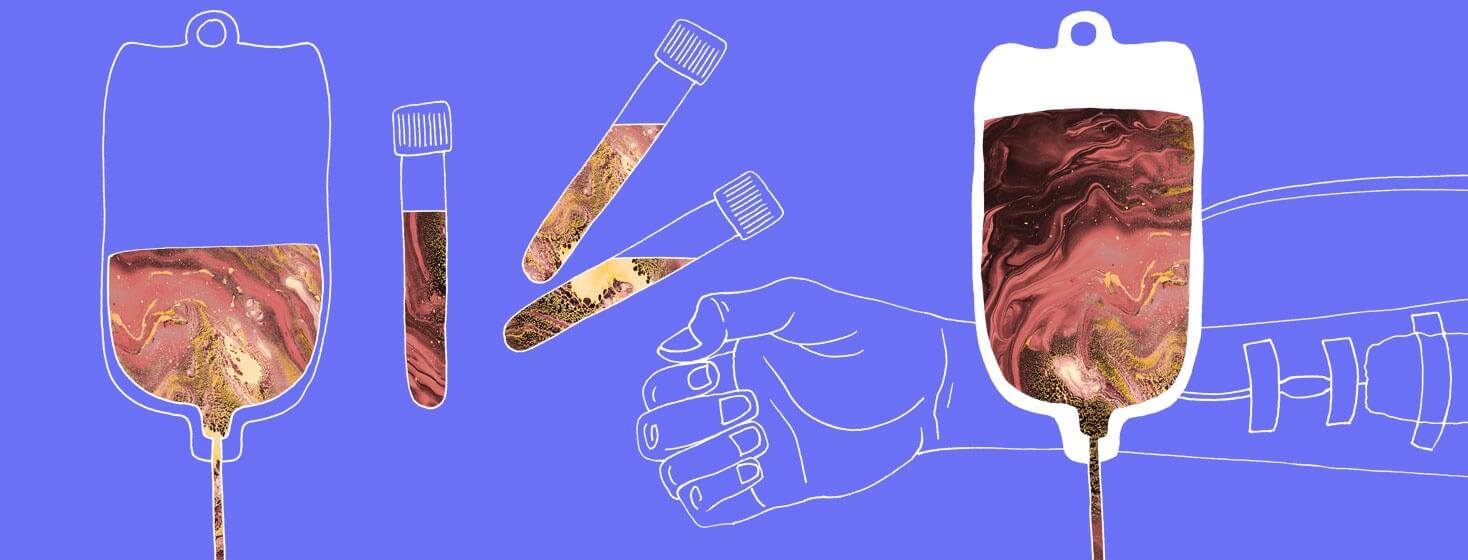Donating and Receiving Blood Products
Have you ever donated blood? I haven’t, which probably comes as no surprise. I didn’t always know though, that I couldn’t donate blood. In my mind, I thought there would be some sort of use for my blood or that some blood was better than none, especially in high-stakes circumstances for traumas and things. After all, not all my blood cells are sickled even though I have the full-blown disease.
I always found that interesting too, what makes some of them more normal? I remember finally learning my blood type, O+, and thinking what a waste. That's the kind of blood that’s safe for everyone to receive but I can’t give it to anyone.
The importance of donating
I remember in college when students would have the stands up and try to pull in students to donate. I would always respond with a rather blank expression letting them know I was unable to donate but never explaining why.
Looking back on it, I probably came off rather harsh but internally I longed to donate. I understand firsthand, like so many other sickle cell warriors who have received blood transfusions, the importance of having a large supply of blood products. So, it sucks not being able to contribute to it.
Thanks to medical school, I have such a better understanding of blood products: When to transfuse, risks of receiving blood, and who to do blood exchanges (or apheresis) on. I am after all applying to be a pathologist so I can specialize in blood banking and transfusion medicine.
When is a transfusion appropriate?
Did you know a sickle cell crisis is not always an appropriate or good enough reason to give a transfusion? You want to be careful not to transfuse people more often than necessary. This is because over time people develop antigens that can make them negatively react to future blood products.
This is a special consideration in the sickle cell population where some warriors may receive transfusions on a regular basis. That brings us back to the importance of a large supply because the more transfusions you have and the more antigens you develop, the harder it can be to find a good match.
My transfusion experience
I’ve only ever received one blood transfusion, inappropriately of course. I was having a rather painful crisis and it was offered to me as a potential way to mitigate some of my pain – when it’s better used to prevent worsening crises – and I developed a fever. Fevers are the most common and a mild reaction to receiving blood products.
It was quite a jarring experience for me though because after I struck a fever, they struggled to bring my temperature down and almost put me in an ice bath – a huge no go for anyone with sickle cell.
Contributing my way
Now, I’m finally donating blood for the first time ever! Not to patients but for research and the advancement of sickle cell treatment. That’s pretty exciting. Only thing is I’m on my period and I know they’re going to take quit a bit of blood, so here’s hoping I don’t faint. Haha, kidding. I’m going to be very hydrated and eat a lot before and after! And just take it easy. I’ll let you know how it goes and maybe I’ll get to do it again!

Join the conversation